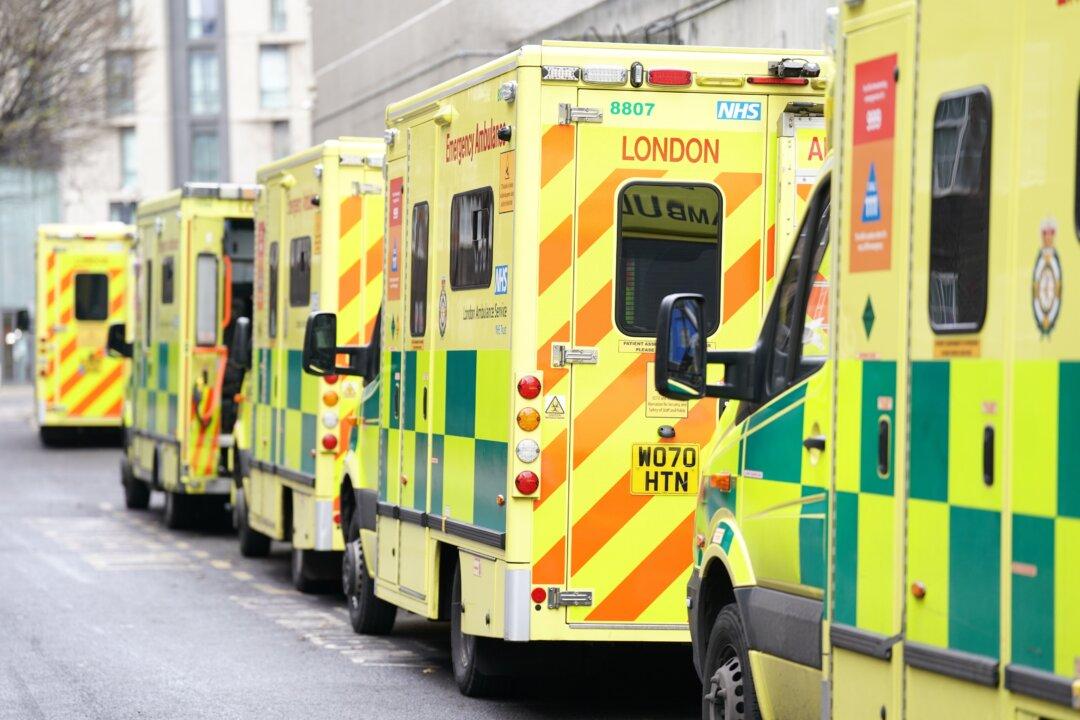The UK government and health unions have been locked in a bitter war of words as paramedics and ambulance staff in England and Wales walked out on Wednesday over a pay dispute.
Eight ambulance trusts have been put on their highest level of alert. They have declared critical incidents, which means they cannot provide normal critical services and patients may be harmed.





